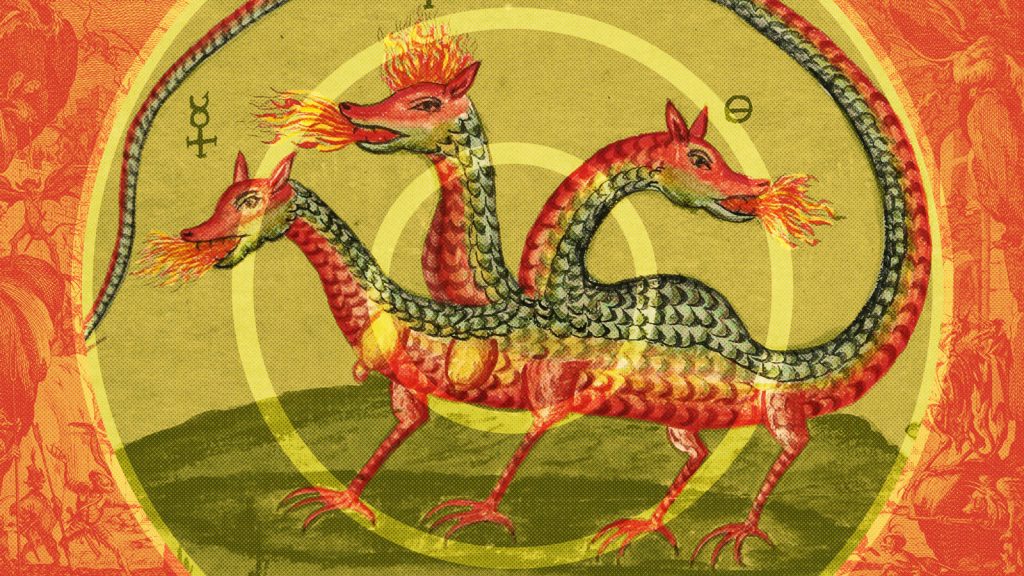Media as a Mediating Influence
We do not usually think of the press and broadcast media as mediating factors in society, but, they have played a critical role.
The media’s presentation of the interests and needs of various groups or individuals has heightened public understanding, thereby contributing solutions to social problems.
Likewise, the media, in giving voice to various viewpoints, has broadened public awareness of the various realities that inform social interactions. The media amplifies and enhances meaningful public discourse. One might even conclude that a healthy media culture leads to a healthy social culture, and leads to a less contentious society.
At times in the past the media has had a mediating influence, but only when it has operated with honesty, accuracy, and goodwill.
In much the same way that a party who arrives at a mediation pledges to follow guidelines that dictate truthful and candid dialogue, the media—as participants in the ongoing “social contract mediation”– must fulfill a pledge of honesty, candid expression, and goodwill.
Media Corruption and Deception
In contrast to the positive and mediating influence that print and broadcast media contribute, when the media become compromised and corrupt they put forth false reports that increase social friction. Rather than mediating differences, corrupt media frame differences in ways that promote conflict.
Biased media thus become destructive influences that covertly promote violence and social unrest, essentially acting as chaos agents and fear merchants.
We are not talking about simple errors or lazy journalism. Rather, we’re taking issue with intentional deception, with planned misinformation. We’re concerned with the purposeful presentation of falsehoods meant to mislead. We’re zeroing in on media outlets that frame information, events, and viewpoints in ways intended to cause fear and conflict.
In other words, we’re talking about propaganda, the intentional manipulation of reality in ways intended to bring entire segments of population under control. We are talking about deception that brings about viewpoint enslavement.
The Hidden Destructive Influence
A ubiquitous factor in intractable disputes is the hidden destructive influence, the covert agent that operates off stage, driving the dispute from the shadows.
Such covert operators are the primary drivers of unending conflicts. As a result.the mediator must take up the role of a detective and locate these hidden influences.
The same hidden influence dynamics apply in cases of corrupt and deceptive media. Peacemakers must penetrate media organizations’ obfuscating veils to uncover the actual individuals in control.
Peacemakers must seek to identify the hidden destructive influence; they must pull strings to reveal covert hidden influences engaged in destructive activities. They must identify those who exert power over any media outlet.
Of course, those with real power are well hidden and will resist being exposed. Peacemakers have to unpack layers of power to find the actual destructive influences.
Nonetheless, the dynamics of the covert destructive agent are identical to other disputes: the path to resolving a dispute includes identifying the hidden destructive influence.
The Propagandists
Those who mount elaborate mind control operations designed to gain power over entire societies or huge swaths of mankind tend to be particularly vicious in their hatred for their fellow man.
Using sophisticated means of deception, they alter a person’s reality in ways that create false perceptions that lead to faulty decisions. Their victims’ minds become traps that render them slaves to an altered reality.
The manipulation of reality results in what might reasonably be called the Fallen World, the world of the Deceiver.
